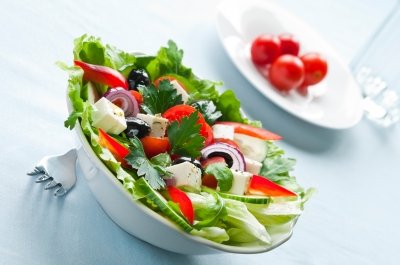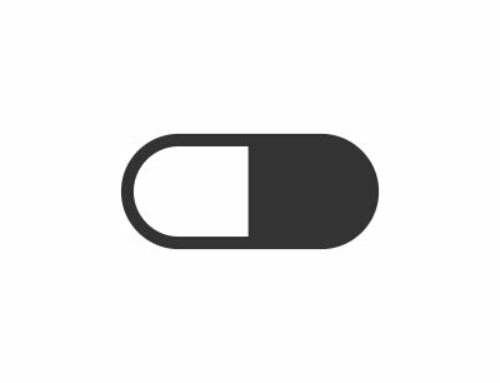If you had to answer the question, which vitamin would better prevent that your baby develops a neurological disorder, folate or folic acid, would you know the answer?
Don’t worry if you wouldn’t.
Many doctors can’t tell the difference either and honestly (though I’m aware of the differences between the two) I myself often use the terms interchangeably.
Folate or folic acid: Which one is better?
So what’s the difference between folate and folic acid? Which one should be contained within your prenatal supplement (here is how you can contact me if you need help)? And why is that important?
Folate is a general term for a group of water-soluble B-vitamins, and is also known as B9.
Folate refers to the various tetrahydrofolate derivatives naturally found in food, whereas folic acid refers to the oxidized synthetic compound used in dietary supplements and food fortification.
But which one is better?
In terms of protective effects, both folate and folic acid will work (as a matter of fact, early studies were all done using folic acid).
Only we now know more about the metabolism of both folate and folic acid and the fact is, there are safety concerns regarding chronic intake of folic acid.
One of the major risks associated with excessive intake of folic acid is the development of cancer in genetically susceptible individuals.
Scientists have hypothesized that the excessive consumption of folic acid in fortified foods may lead to increased cancer rates, by promoting already existing premalignant lesions.The presence of excess levels of folic acid in the blood is associated with decreased natural killer cytotoxicity, meaning it can interfere with immunological issues which are often found as underlying causes in cases of repeated implantation failure.
But if your supplement contains folic acid and not folate, don’t panic. I’m speaking about trends, statistics, and a long-term excess of folic acid in the circulation. And you are trying to get pregnant and give your baby the best possible circumstances to grow and develop, so if your supplement contains folic acid, you don’t have to throw it away – simply buy the right one like this one the next time you’re ordering.
Despite certain risks associated with high levels of folic acid intake, it is well established that it is essential for health, as it drives the development of red blood cells, supports nervous system function and much more.
As already mentioned, both folate and folic acid will prevent neural tube defects in newborns, so women of childbearing age must be sure to have an adequate intake prior to and during pregnancy.
But why supplement in the first place? Would balanced nutrition not provide enough folate for both mother and child?
The thing is, eating good nutrition (here you can read about why eating Mediterranean diet increases chances of getting pregnant) has become increasingly difficult due to:
1. Top soil erosion (so that much of the soil is mineral-deprived and this is especially true for certain trace minerals) .
2. Industrial farming (which brings hormones, medications, and various other compounds we’re not evolutionary suited to eating into our food).
In order to maximize egg quality, women must supplement their diet with natural minerals and vitamins. That’s why it’s important to know which vitamins are most helpful in increasing fertility. That’s why it’s important to be aware of the differences between folate and folic acid.
Excellent sources of dietary folate include vegetables such as lettuce, spinach, asparagus, parsley, broccoli, cauliflower, beets and lentils. Not surprisingly, some of the best food sources of folate (and also CoQ10) are calf and chicken liver (but how often do people nowadays eat animal organs?)
To conclude: If you’re trying to get pregnant, take 800 to 1200 mcg of folate per day. Unless you’re consuming a lots of liver and substantial amounts of leafy greens on a regular basis, it’s difficult to obtain 800µg or more folate from diet alone. Products that contain the Metfolin brand, or list “5-methyltetrahydrofolate” or “5-MTHF” on the label are good. Avoid products that say “folic acid” on the label.
Folic acid and prenatal supplements:
Mediterranean kitchen:
















